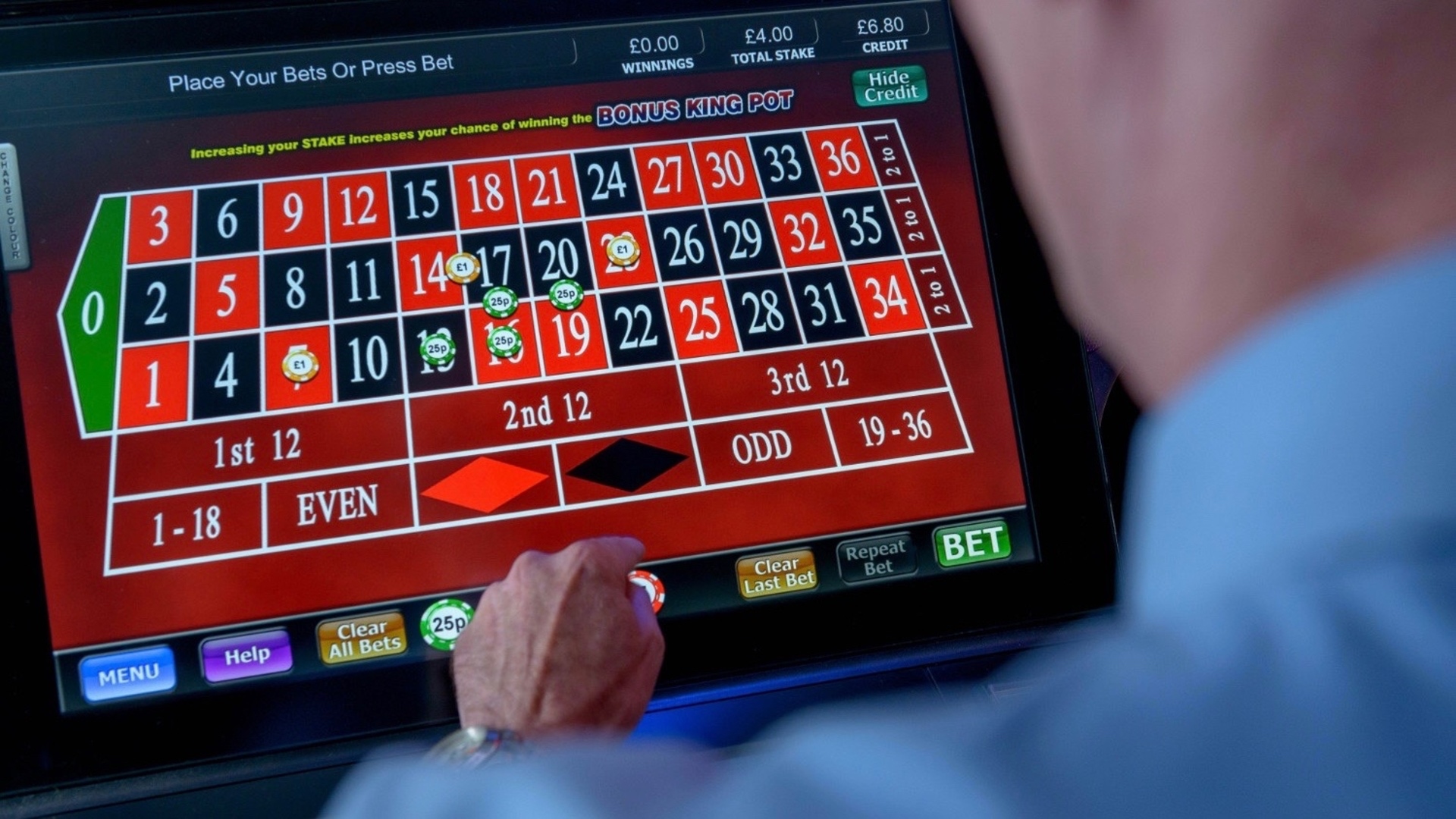“Children and young people are being targeted by betting advertisers more than ever,” he added.
Labour vowed to review the state of NHS treatment for problem gamblers as well as the introduction of a compulsory levy. Watson has recently proposed football teams be banned from allowing gambling companies from becoming shirt sponsors.
And prior to this year’s general election, the party promised to reduce the maximum stake on digital gaming machines – Fixed Odds Betting Terminals (FOBTs) – to £2 a spin.
The response to a possible bookie tax has been mixed. The Association of British Bookmakers (ABB), somewhat surprisingly, said its members would be willing to pay an “appropriate, compulsory levy” to help pay for better treatment.
A spokesman for the ABB added: “We have long argued that the gambling industry needs to work together to reduce the number of problem gamblers and address the fact that most problem gamblers move between different forms of gambling.”
We are woefully short of the funding needed to treat all problem gamblers in the country
The charity GambleAware raised £8 million from voluntary donations from the industry last year, but said it was not enough to offer the necessary services.
“Gambling addiction is a recognised mental health condition, but treatment is not available on the NHS,” the charity stated. “We are woefully short of the funding needed to treat all problem gamblers in the country.”
“We need the support of GPs, social workers, citizens advice and teachers before we can even come close to treating all those in need.”
The Gambling Commission recently laid bare the astonishing extent of damaging betting habits, estimating that the UK now has 400,000 problem gamblers.
A report released last month found 0.8% of the population could be classified as having a “problem” gambling habit. One in every 50 British men between the ages of 16 to 34 was identified as having a gambling addiction.









